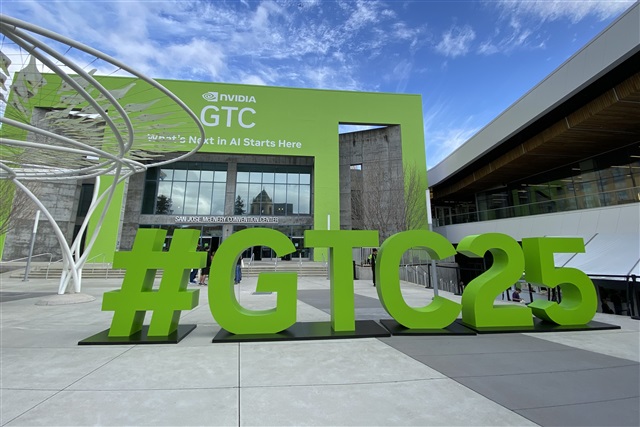Hybrid devices are likely to be a factor in the take-off of Windows 8.
- Computex 2013 kicks off Tuesday June 4th in Taipei and here, the bulk of the coming year’s innovation in the PC world is likely to be announced.
- Not wanting to get lost in the noise, ARM, Intel and Acer have already shown some of their wares but what I really want to see has yet to make an appearance.
- 2013 is likely to be all about Haswell, Intel’s new offering that makes further improvements to the processing / power consumption trade off.
- This should mean thinner and lighter ultrabooks but still with reasonable battery life.
- A year of price erosion should also mean that, cheaper, touch enabled tablets and notebooks will be more accessible to the mass market.
- This is all important but I am looking for two things to start getting excited about a pick-up in PC replacement rates.
- Firstly, I am looking for high quality hybrid devices. These are Windows 8 PCs which work as tablets and can then be docked to become proper laptops.
- There are already a few out there from Samsung, Dell and so on but these are still somewhat too heavy, too ugly and too expensive.
- $1,200 is a bit much for a device that looks and feels like a $300 laptop when attached to its keyboard.
- Haswell should help with this by making the tablet portion lighter and I am optimistic that there should be some interesting devices launched this week.
- This form factor is very important as :
- It provides the best hardware configuration for using the two modes of Windows 8.
- It is something that Apple can’t offer. Furthermore, Apple appears to have no intention of offering it. This means that if it proves popular, Apple will have a huge mountain to climb to catch up.
- Secondly, I am waiting for Microsoft and its partners to sort out their marketing message.
- Everyone knows that Windows 8 is here but no one seems to have the first clue why they should buy it.
- This, combined with a poor experience at retail, has in my opinion, been a significant factor hindering take up of the Windows 8.
- This is not going to be fixed at Computex, but I am hopeful that H2 2013 will see some improvement on this front.
- I am expecting that Samsung, Asustek and Lenovo will be out front in delivering this proposition but I have been positively surprised by Acer’s more recent efforts.
- Dell and HPQ are likely to remain at the rear of the pack.








Blog Comments
Francisco Kattan
June 3, 2013 at 9:04 pm
Do you think there is a big market for hybrids?
I thought that the failure of the MS Surface or other Windows 8 hybrids was evidence that consumers prefer to have devices optimized for each use case: a good tablet and a good laptop, over a hybrid that does neither well. I was bullish on hybrids when the Surface first launched, but after trying the keyboard, I thought I would never replace my laptop with such a hybrid.
windsorr
June 4, 2013 at 8:26 am
Yes I do. the failure of the surface has everything to do with Windows RT being very poor and the fact that they haven’t got the Hybrids quite right yet. The proposition of Windows 8 is tha if you get the hardware right you don’t have to make the compromise that has been typically required to have the convenience of a hybrid. The correct criteria in my view are: 1) device about size and weight of an iPad running Windows 8 and Intel i5 Haswell that slots into a nice keyboard (probably with extra battery and storage in it that costs around $1,000. I am hopeful that we should start to see this towards the end of this year!.